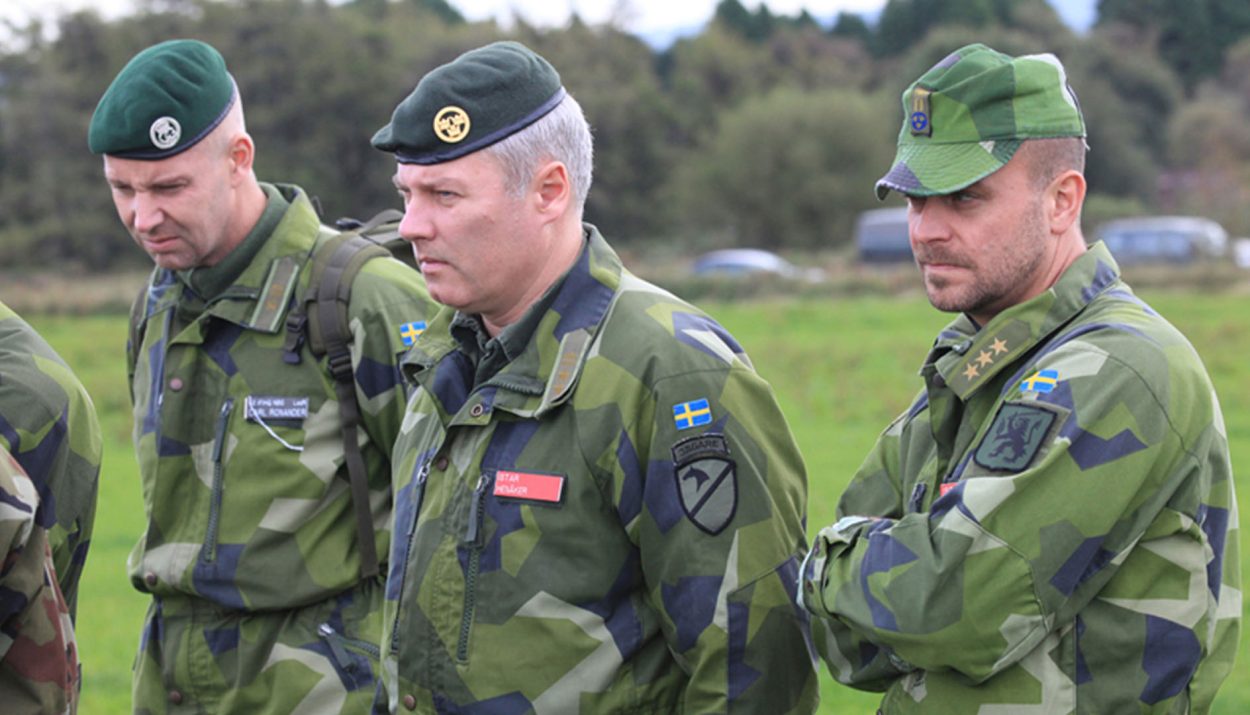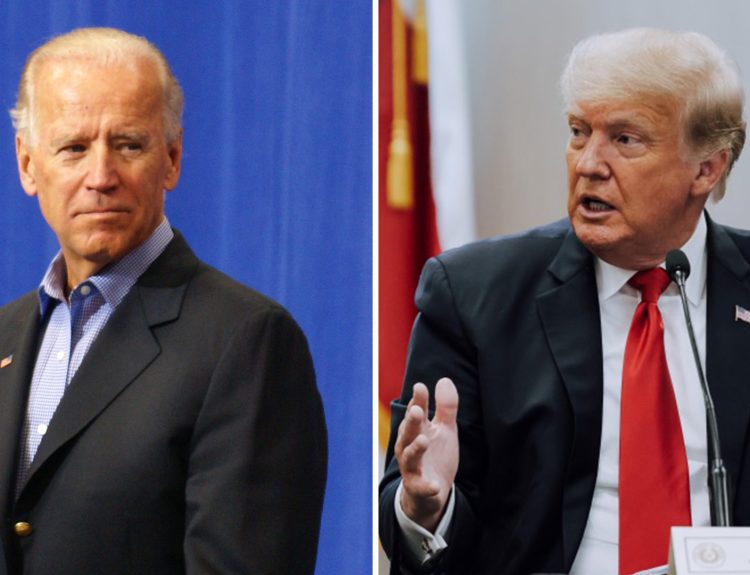As Sweden joins NATO, the country is considering reinforcing Gotland, a strategic island in the Baltic Sea. Prime Minister Ulf Kristersson has indicated that fortifying Gotland is one of the first topics to be discussed with the bloc, as the island’s location can decisively impact the defense of several nearby countries.
Sweden’s Prime Minister Highlights Gotland’s Strategic Importance
Sweden’s Prime Minister Ulf Kristersson has emphasized the significance of Gotland, a Swedish island in the Baltic Sea, in discussions with NATO allies. Kristersson stated that strengthening Gotland’s defenses is an obvious topic to be addressed now that Sweden has joined the military alliance.

Gotland, with a population of approximately 60,000, is situated about 50 miles from the Swedish coast and 150 miles from the Russian exclave of Kaliningrad. The island’s strategic location makes it a crucial point of interest for Sweden and its NATO partners.
Gotland: The “Unsinkable Aircraft Carrier” in the Baltic Sea
Gotland is often referred to as an “unsinkable aircraft carrier” due to its key strategic position in the Baltic Sea. According to Atlantic Council analysts Anna Wieslander and Eric Adamson, controlling Gotland can make a decisive difference in the defense of Estonia, Latvia, Lithuania, Finland, and Poland.
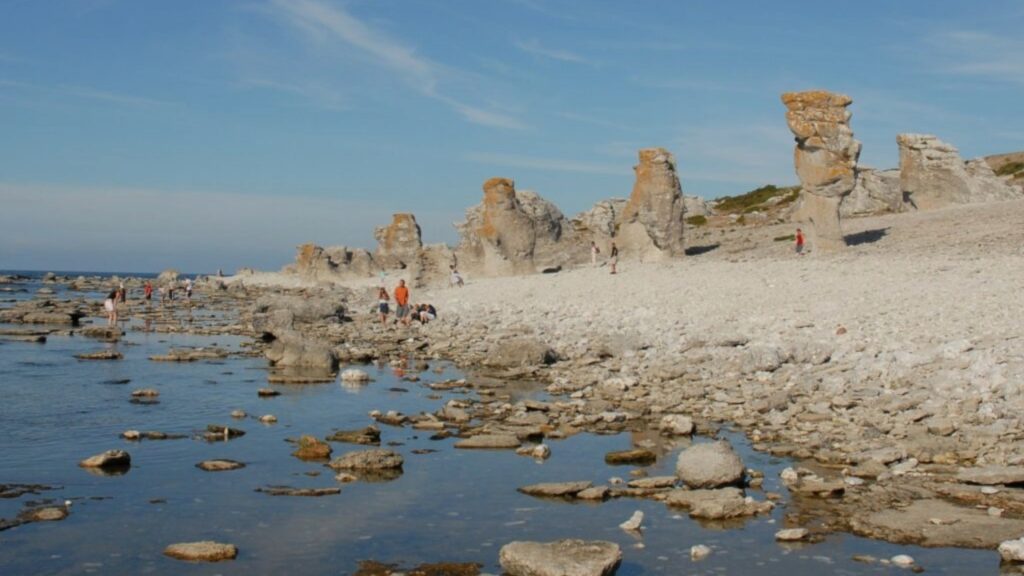
The island’s military presence has fluctuated in recent years. Gotland was demilitarized in 2005 during a period of relatively optimistic post-Cold War relations. However, following Russia’s annexation of Crimea in 2014, Sweden re-commissioned an armored regiment on the island in 2018.
Sweden Invests in Gotland’s Military Infrastructure
In April 2022, two months after Russia’s full-scale invasion of Ukraine, the Swedish government announced a $160 million investment in Gotland’s military infrastructure. This decision reflects Sweden’s growing concern about potential threats in the region and the need to strengthen its defensive capabilities.
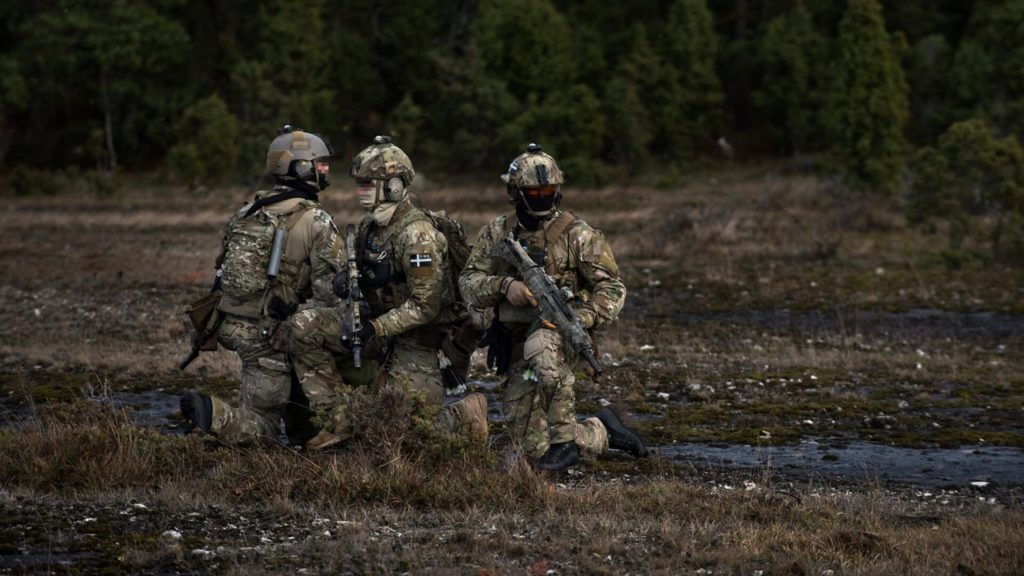
Currently, around 370 soldiers are stationed on Gotland, according to the Financial Times. The island is also equipped with Leopard 2 tanks, CV90 armored vehicles, and an air defense system, as reported by the Atlantic Council.
Sweden’s Shift from Neutrality to NATO Membership
Sweden’s decision to join NATO marks a significant shift from its previous stance of neutrality. In recent years, the country has taken steps to bolster its military readiness in response to changing geopolitical dynamics and potential threats from Russia.
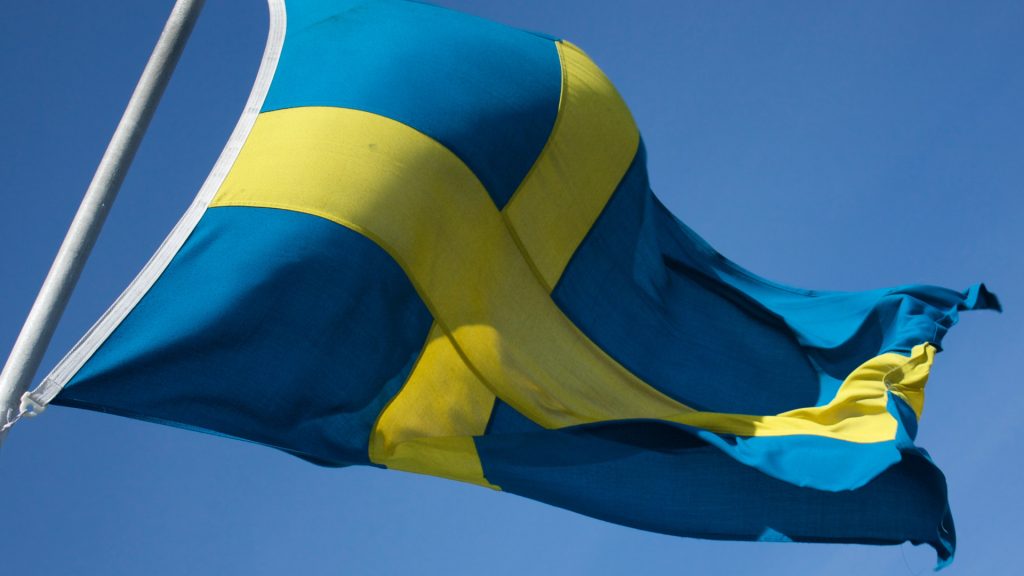
In January 2023, Sweden’s civil defense minister, Carl-Oskar Bohlin, bluntly warned that “there could be war in Sweden,” alarming some opposition politicians, as reported by the BBC. This statement underscores the growing sense of urgency in Sweden to prepare for potential conflicts.
Increasing Defense Spending to Meet NATO’s Threshold
As a new NATO member, Sweden is among 18 countries projected to increase its defense spending to 2% of its GDP, which is NATO’s recommended threshold. This move comes as Russia puts its economy on a further war footing, prompting NATO members to bolster their military capabilities.
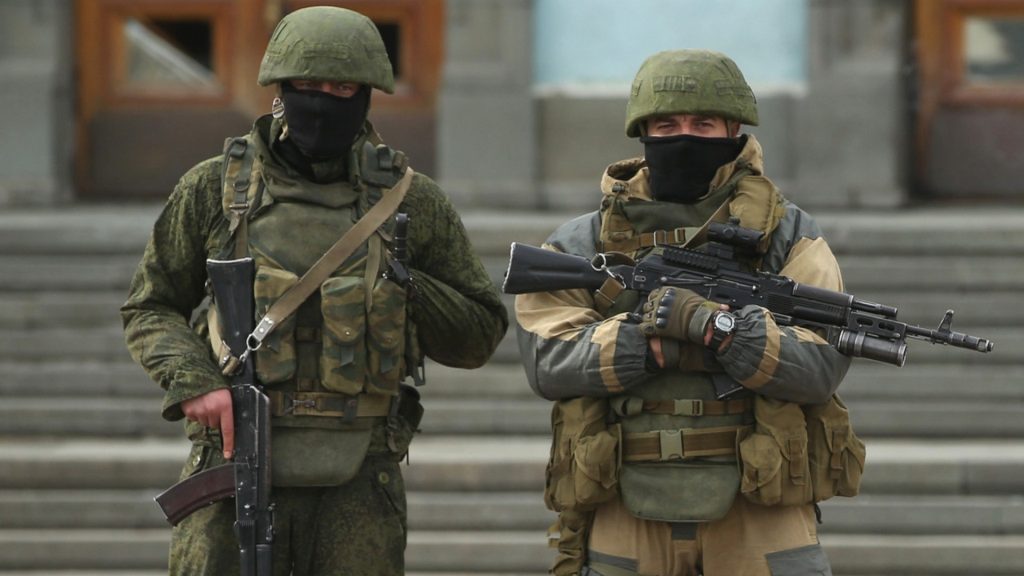
Sweden’s commitment to increasing its defense budget demonstrates the country’s dedication to contributing to NATO’s collective defense and ensuring its security in the face of potential threats. The allocation of additional resources to military spending is a significant step in Sweden’s integration into the NATO alliance.
Gotland’s Role in NATO’s Baltic Sea Strategy
With Sweden’s entry into NATO, Gotland’s role in the alliance’s Baltic Sea strategy is expected to become increasingly important. The island’s location allows it to serve as a key monitoring and response point for potential threats in the region.
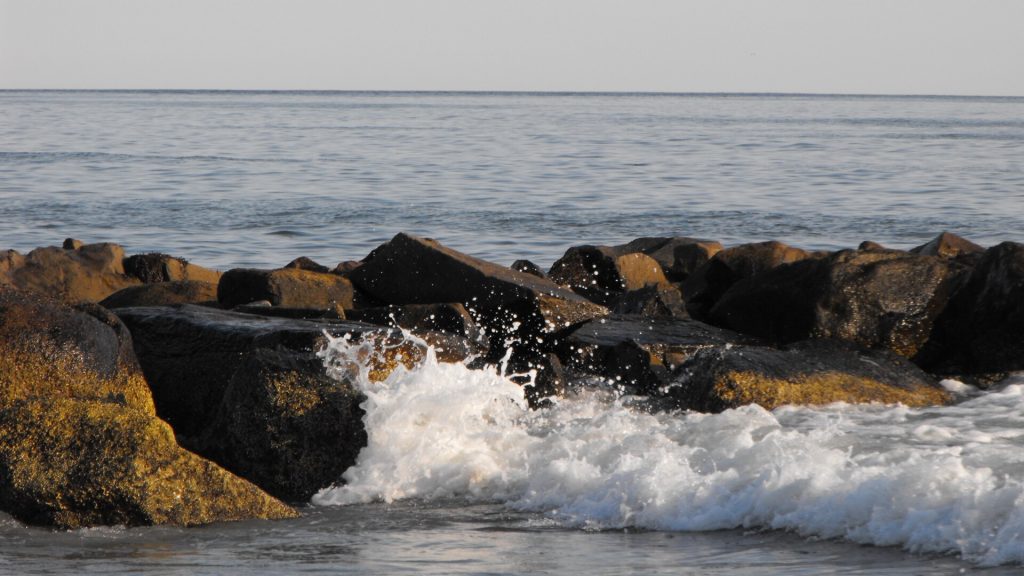
NATO leaders will likely work closely with Sweden to develop a comprehensive plan for fortifying Gotland and integrating the island into the alliance’s broader defensive strategies. This collaboration will be crucial in ensuring the security and stability of the Baltic Sea region.
Balancing Defensive Measures with Diplomatic Efforts
While Sweden takes steps to strengthen its military capabilities and fortify Gotland, it is essential to balance these defensive measures with ongoing diplomatic efforts. Engaging in dialogue with neighboring countries, including Russia, can help reduce tensions and promote regional stability.
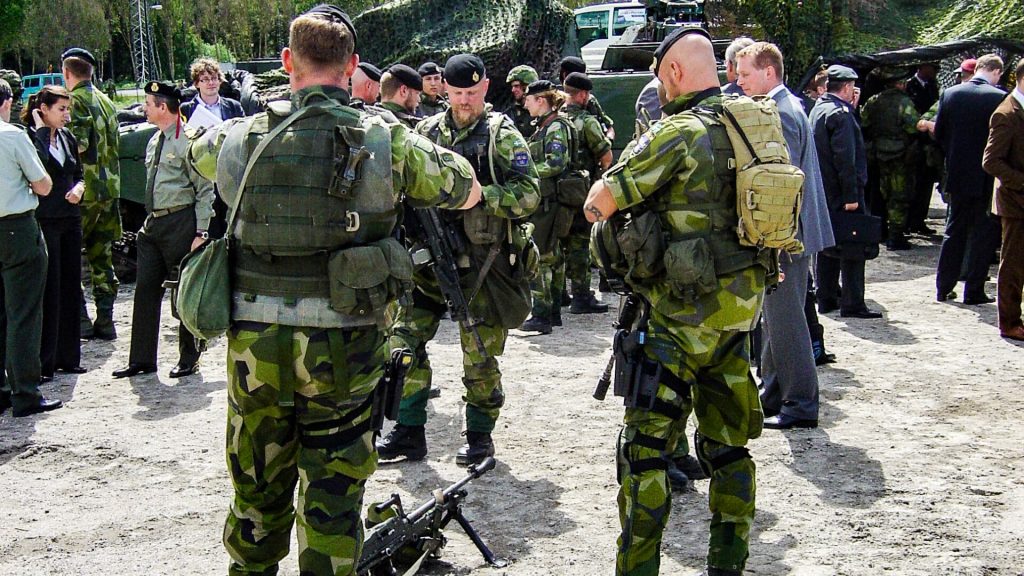
Sweden’s commitment to NATO’s collective defense should be accompanied by a willingness to maintain open lines of communication and pursue peaceful resolutions to potential conflicts. By striking a balance between military readiness and diplomacy, Sweden can contribute to the overall security and stability of the Baltic Sea region.
Cooperation with NATO Allies in the Baltic Sea Region
As a NATO member, Sweden will have the opportunity to work closely with other allies in the Baltic Sea region, such as Estonia, Latvia, Lithuania, Finland, and Poland. Strengthening cooperation and coordination among these countries will be essential in addressing common security challenges.
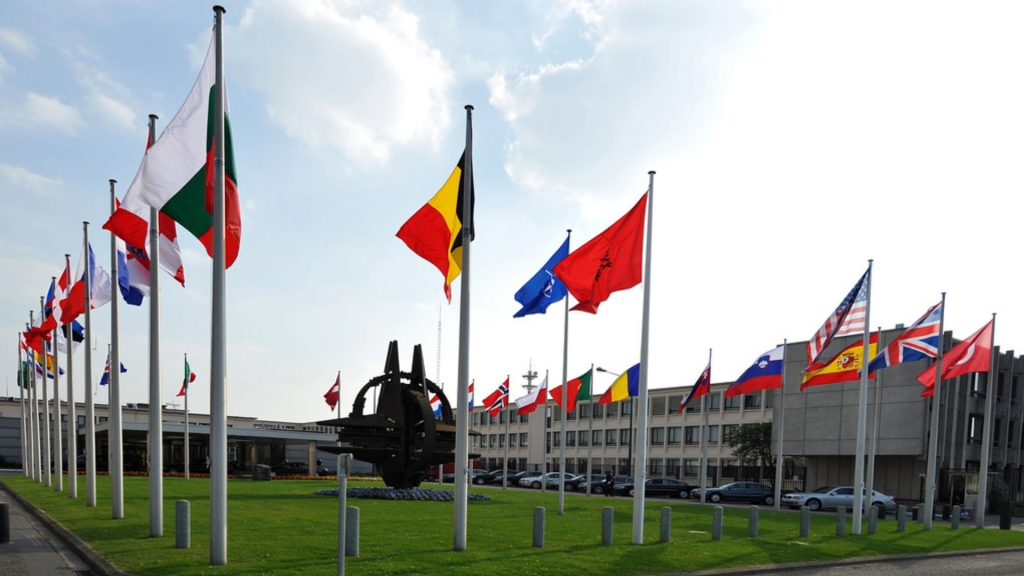
Joint military exercises, intelligence sharing, and the development of integrated defense strategies will be key areas of focus for Sweden and its NATO allies in the Baltic Sea region. By leveraging the collective strengths and resources of the alliance, these countries can enhance their ability to deter and respond to potential threats.
The Significance of Gotland for Sweden’s Energy Security
In addition to its military importance, Gotland also plays a crucial role in Sweden’s energy security. The island is home to several wind farms and is considered a key location for the development of renewable energy projects in the Baltic Sea.

As Sweden works to reduce its dependence on fossil fuels and transition to a more sustainable energy future, Gotland’s renewable energy resources will become increasingly valuable. Protecting these assets and ensuring the security of the island’s energy infrastructure will be a priority for Sweden and its NATO allies.
Adapting to New Security Challenges in the Baltic Sea
The Baltic Sea region has witnessed significant changes in recent years, with the rise of new security challenges and the shifting geopolitical landscape. Sweden’s decision to join NATO and fortify Gotland is a direct response to these evolving threats and the need to adapt to a more complex security environment.
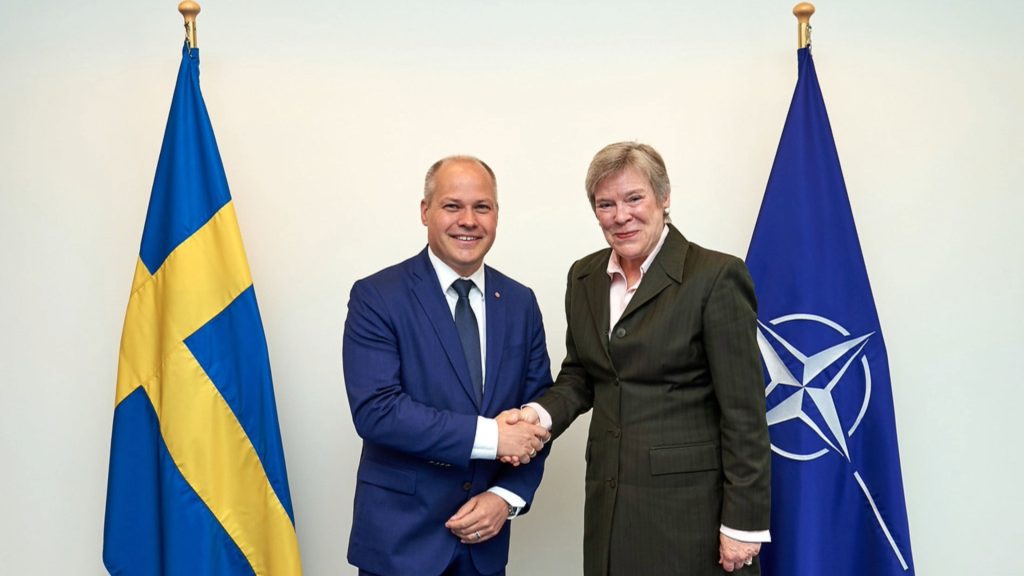
As Sweden continues to integrate into the NATO alliance and strengthen its defenses on Gotland, it will be important to remain vigilant and responsive to emerging security challenges. This may involve investing in new technologies, developing innovative defense strategies, and maintaining a high level of readiness to address potential threats.
The Historical Significance of Gotland in Baltic Sea Conflicts
Gotland has played a significant role in various conflicts throughout history due to its strategic location in the Baltic Sea. During World War II, the island was a key point of interest for both Allied and Axis powers, with Germany briefly occupying the island in 1944.

The island’s historical significance serves as a reminder of the enduring importance of strategic locations in the Baltic Sea region. As Sweden fortifies Gotland and integrates into the NATO alliance, it is mindful of the lessons learned from past conflicts and the need to maintain a strong defensive posture.
The Impact of Sweden’s NATO Membership on Regional Dynamics
Sweden’s decision to join NATO has the potential to reshape regional dynamics in the Baltic Sea and beyond. As a member of the alliance, Sweden will have a stronger voice in shaping NATO’s policies and strategies, particularly about security challenges in the Baltic Sea region.
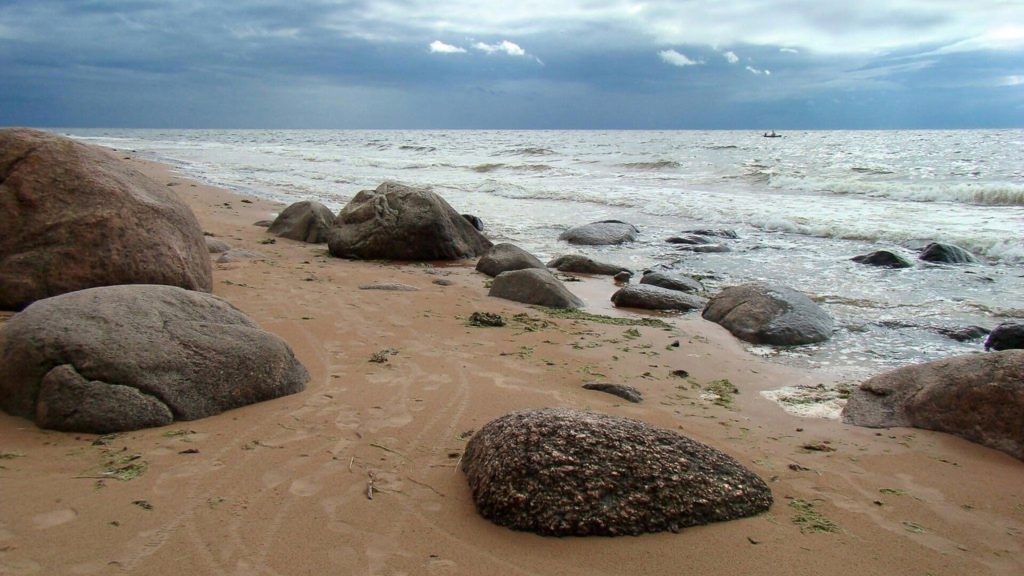
Sweden’s NATO membership may also influence the decisions of other countries in the region, such as Finland, which has also expressed interest in joining the alliance. As the geopolitical landscape continues to evolve, Sweden’s role as a NATO member and its efforts to fortify Gotland will have far-reaching implications for regional security and stability.
Balancing Defense and Diplomacy: Sweden’s Approach to Regional Security
As Sweden navigates its new role as a NATO member and works to fortify Gotland, it will be important to strike a balance between bolstering its defensive capabilities and engaging in diplomatic efforts to promote regional stability. Sweden has a long history of promoting peace and dialogue, and these values will continue to guide its approach to regional security.
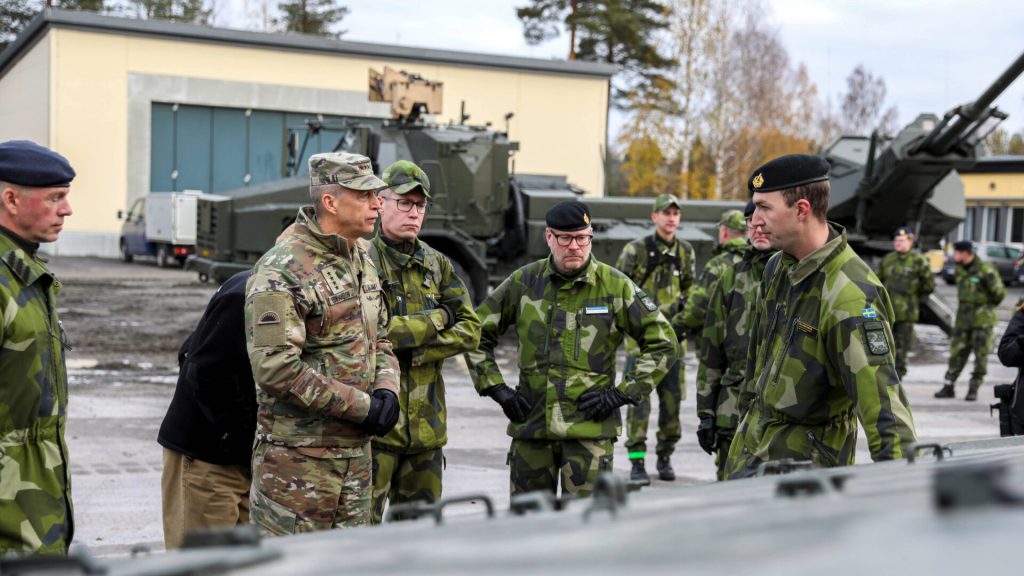
By combining a strong defensive posture with a commitment to diplomacy and cooperation, Sweden can contribute to the overall security and stability of the Baltic Sea region. This approach will require close collaboration with NATO allies, as well as ongoing engagement with other regional actors, including Russia.
Gotland’s Future as a Bastion of Baltic Sea Security
As Sweden moves forward with its plans to fortify Gotland and integrate into the NATO alliance, the island is poised to become a key bastion of Baltic Sea security. With its strategic location, advanced military capabilities, and strong commitment to regional stability, Gotland will play a crucial role in deterring potential threats and promoting peace in the region.
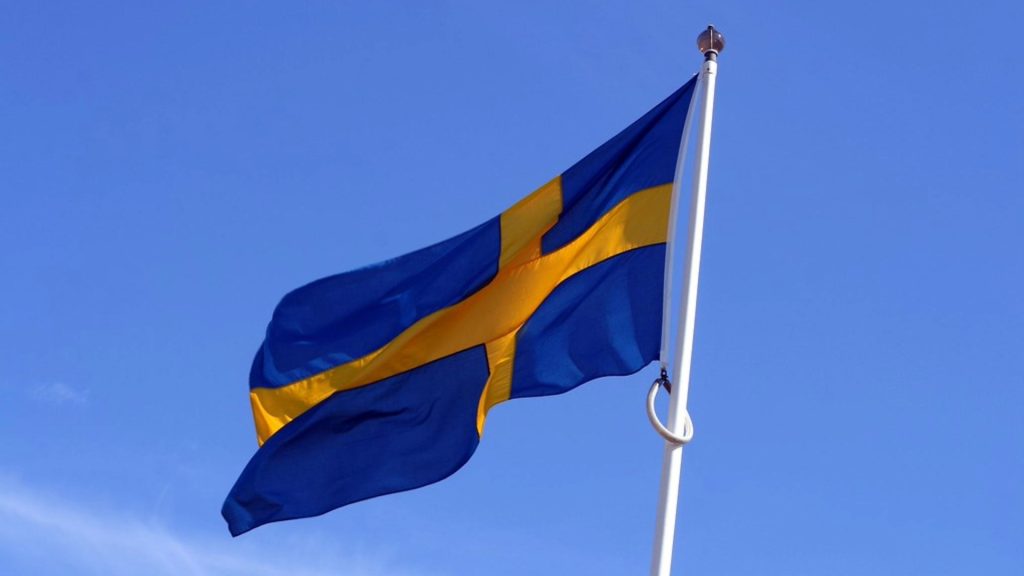
The fortification of Gotland represents a significant step forward in Sweden’s efforts to adapt to the changing security landscape in the Baltic Sea region. By working closely with its NATO allies and maintaining a balanced approach to defense and diplomacy, Sweden can help ensure a more secure and stable future for Gotland and the broader Baltic Sea region.

